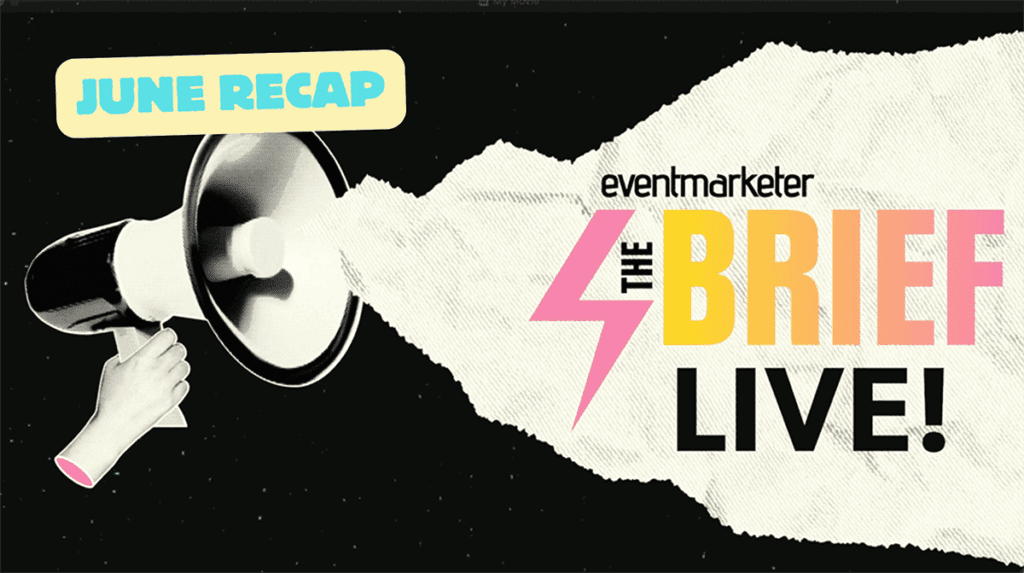The promotion agencies and marketers I represent ask many questions as they seek practical guidance in this rapidly evolving legal environment. Here’s a list of some of the most frequently asked questions regarding online promotions.
1. Do I need to provide an alternate method of entry for an online sweepstakes?
Alternate methods of entry are used to avoid “consideration.” It’s illegal to require payment or other form of consideration, such as a purchase, to enter a sweepstakes. Some regulators, particularly the Florida Department of State, considered Internet access to be consideration. That prompted marketers to provide a mail-in or other free method of entry. But Florida recently changed its position, and the general consensus has been that an online-only sweepstakes with a free online method of entry (sponsored by someone other than an Internet service provider) does not require an alternate entry method. That may change as other regulators besides Florida weigh in.
2. What special issues are there for sweeps and contests for children?
The Children’s Online Privacy Protection Act took effect April 21. It requires commercial Web sites and online services that knowingly collect personal information from children under 13 to provide notice on the site and to parents about how and why they collect that information, and also to get “verifiable parental consent” before collecting or using a child’s information.
You can comply without parental consent: Prohibit children under 13 from participating, require kids to select nicknames or passwords rather than supplying personal information, or collect e-mail addresses for a one-time message only, then delete them.
3. Why are many online sweeps limited to U.S. residents?
Online promotions naturally reach a worldwide audience, but it is easier and less costly to comply with U.S. laws than many other nations’ laws. If you target an international audience, it may be worth the additional expense. Law firms with expertise on promotion laws generally have an international network of lawyers to help with compliance.
4. Can we require an entrant to refer a friend in order to enter a sweeps?
Yes, but to avoid that requirement constituting consideration, provide another entry method (via the Internet or postal mail, for example) that permits as many entries as are allowed using the refer-a-friend method. To avoid violating friends’ privacy rights, send only one e-mail message to referred friends, and comply with anti-spam laws by properly identifying the e-mail in the subject heading and allowing the recipient to opt out of future messages.
5. What are some potential problems with an instant-win promotion?
Online instant-win promotions carry the same dangers as offline versions: More winning entries could be produced than anticipated and the sponsor could be liable for redeeming prizes that far exceed its allocated budget. The best way to limit liability is to state in the rules that, if more prize claims are received than specified in the official rules, the sponsor will conduct a random drawing from among all eligible claims. Similar language has largely insulated traditional instant-win promotions from huge liability.
6. How can we protect our promotion from hackers and automated devices?
There’s always a risk that someone will figure out how to enter multiple times or will disable the site so others can’t enter. Limit entries to a finite number, such as one per day or one per e-mail address. State in the rules that you retain the right to disqualify entries from a user suspected of attempting to disrupt the sweepstakes, and that you may prosecute or seek other legal redress against anyone suspected of engaging in these acts.
7. Can we award gift certificates as prizes?
Yes, but avoid consideration. Many online promotions award gift certificates redeemable at a designated online store. In order to avoid a finding that the gift certificate is “post-consideration” (that is, the winner has to pay something to actually use the prize), the gift certificate should be for a dollar amount large enough to purchase an item at that store. Some states also prohibit prizes of gift certificates with expiration dates.
Online promotions are under ever-increasing regulatory scrutiny. New laws are continually added, and existing laws are subject to constant reinterpretation. Consult legal counsel as early as possible when constructing your online promotions to ensure that they are legally sound. It’s better to spend time with your lawyer than to end up on a list of Disasters in Online Promotions.
 Network
Network

